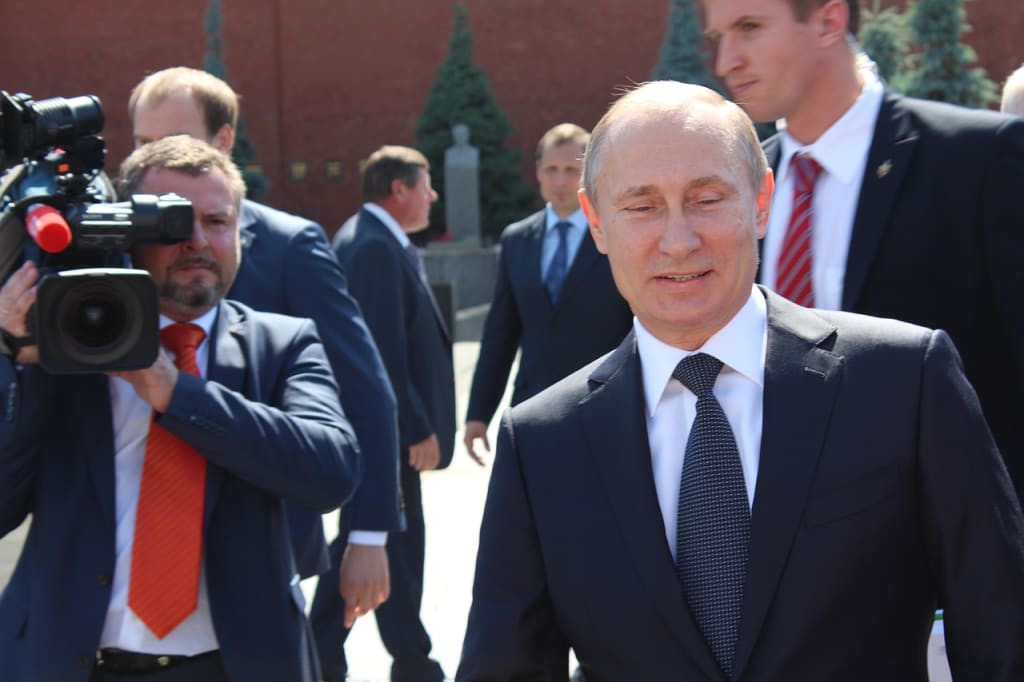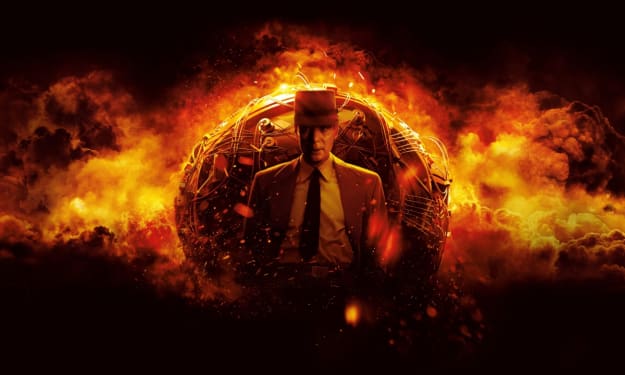From spy to President: Rise of Mr. Putin
Do you know Russia's president putin was once a spy! How did he become a spy and perhaps a person who is western countries biggest opponent..

To truly grasp the extent of Putin's influence, we must rewind to a tumultuous era in Russian history – the aftermath of the Soviet Union's collapse. As the Berlin Wall crumbled, a young Putin found himself serving as an undercover spy in East Germany for the Soviet security agency, the KGB. The disintegration of the Soviet Union birthed 15 new nations, including the Russian Federation, which Putin viewed as a staggering loss of two million square miles of territory. He lamented the displacement of countless compatriots beyond Russian borders, labeling it a profound geopolitical calamity.
Russia's transition from communism to a market-driven economy was marred by chaos and corruption. Approximately 45,000 public enterprises, spanning industries like energy, mining, and communications, were hastily privatized, ushering in an era of concentrated wealth and spawning the oligarchs who would come to dominate the economic landscape. Amidst this turmoil, Russia's first president, Boris Yeltsin, struggled to solidify the nation's foundation and gain public trust, with allegations of alcoholism further diminishing his credibility.
Into this power vacuum stepped Vladimir Putin, leaving the KGB in 1991 to assume the role of deputy mayor in St. Petersburg. Operating within this sphere, Putin fostered a network of alliances with friends and associates in the private sector. He meticulously orchestrated monopolies and favored certain companies over competitors, swiftly garnering the favor of the burgeoning class of oligarchs. This web of influence laid the groundwork for his eventual ascent to the upper echelons of political power.
In a pivotal turn of events in 1999, Putin was appointed prime minister by President Yeltsin, a position that catapulted him into the national spotlight. Fuelled by a fervent nationalism and a determination to counter Western dominance, Putin swiftly recognized the need to forge a robust Russian state, capable of both domestic stability and heightened regional influence. This resolve was soon put to the test as escalating violence erupted in Chechnya, a region that had informally seceded from Russia.
The year 1999 witnessed a series of devastating bombings across Russian cities, attributed by Putin to Chechen separatists. His unequivocal promise of retribution resonated with the public, catapulting his approval ratings from a mere 2% to a formidable 45%. Journalistic investigations later unearthed potential complicity of Russian security forces in the bombings, hinting at a calculated move to solidify public support for Putin's strongman image.
The ensuing conflict in Chechnya saw Russia launch a brutal campaign, resulting in widespread devastation and loss of life. Putin's resolute handling of the crisis endeared him to the populace, leading to Yeltsin's resignation and Putin's subsequent elevation to interim president in December 1999. Following a decisive victory in the presidential election the following year, Putin embarked on shaping Russia's destiny in earnest.
With a firm grip on power, Putin embarked on a multifaceted strategy. He wielded patronage and eradicated dissenting oligarchs, consolidating his control over the nation's economic and political landscape. Yet, his ambitions extended beyond Russia's borders. The invasion of Georgia in 2008 and the subsequent annexation of parts of the country showcased Russia's assertiveness on the global stage, prompting worldwide condemnation.
Despite attempts to reset relations with the US, Putin remained skeptical of Western intentions. He criticized US interventions in the Middle East, particularly the actions in Libya, and pursued a vision of an emboldened Russia. In his quest for dominance, Putin harnessed not only traditional military means but also unleashed a formidable cyber army that engaged in hacking, espionage, and propaganda campaigns, sowing discord within Western democracies and amplifying existing divides.
In 2014, Putin set his sights on Ukraine, another former Soviet nation teetering between Western integration and alignment with Russia. Through a combination of propaganda, covert military operations, and annexation, Putin secured Crimea, sparking international outrage. While these actions garnered support at home, they also invited severe economic sanctions that took a toll on Russia's economy and energy sector.
In summation, Vladimir Putin's influence on Russia's trajectory is a complex tapestry woven from his early days in the KGB, his shrewd political maneuvering, and his unwavering determination to bolster Russia's standing on the global stage. While his actions have elicited both admiration and condemnation, there is no denying that Putin's imprint on Russia's political, economic, and international landscape is a testament to his enduring legacy. As the world watches, the saga of Vladimir Putin continues to unfold, leaving us captivated by the enigmatic leader who reshaped a nation and challenged the established world order.
Like what you read? Consider liking and subscribing for more!






Comments
There are no comments for this story
Be the first to respond and start the conversation.